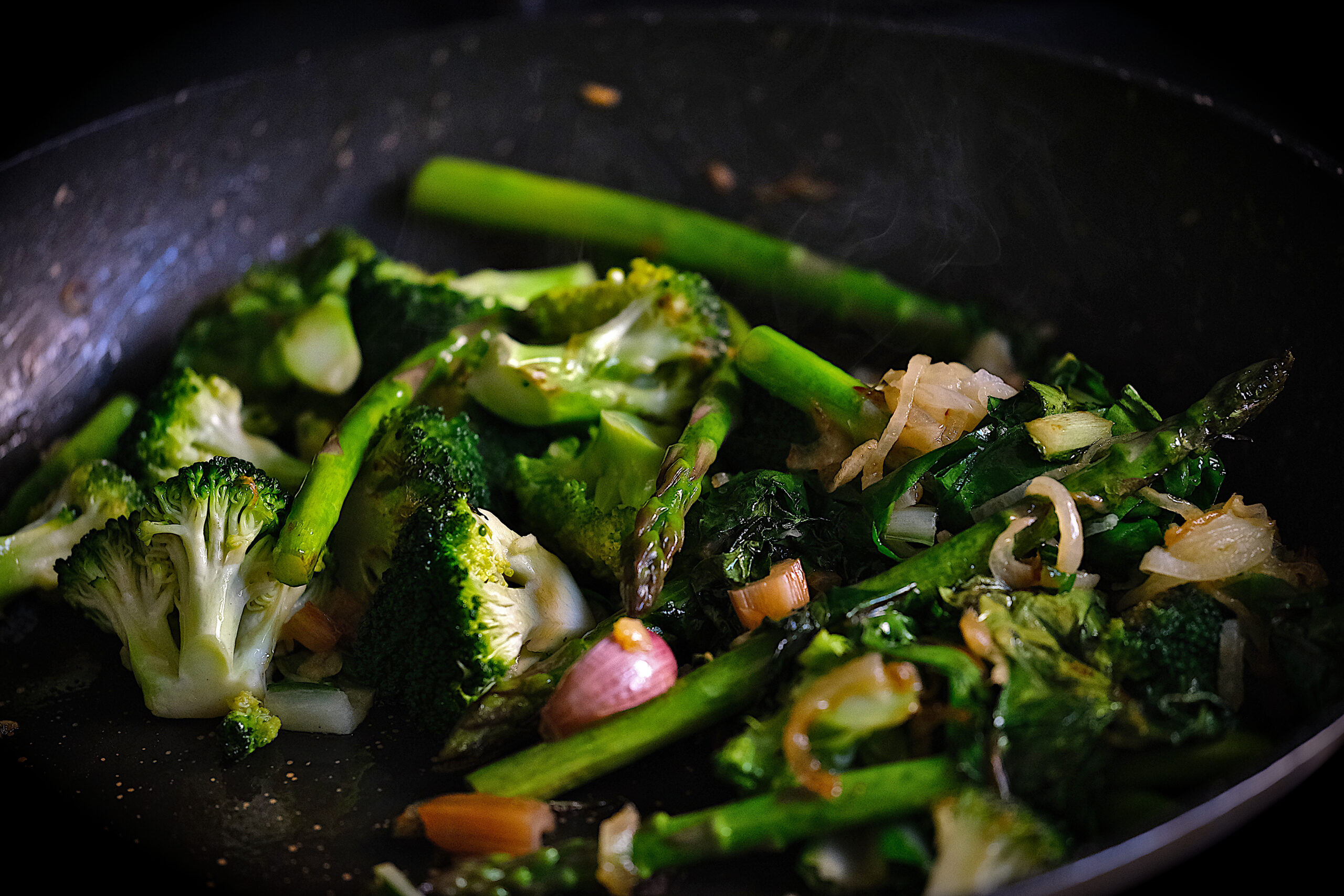About

Who am I?

What’s My Story?
This journey led me down a path of deeply researching nutritional science. What I discovered was a vast gap between what the proper science was saying, and what the food industry, the pharmaceutical industry, and the studies that they both pay for were saying. I discovered that the panels that devise our ‘food pyramid‘, the guidelines we’re given on how to eat, are made up of representatives of these industries, and researchers funded by them.
But What Do We Feed The Kids?
What I find with my own daughter is that she doesn’t feel great when she eats those things, and that helps her to understand that they shouldn’t be part of her day-to-day diet. On my Instagram page I have a segment called ‘But What Do We Feed The Kids’, which offers tips on meals we can make for our children to balance out some of the meals we perhaps wish they would not eat. It can be searched at #butwhatdowefeedthekids